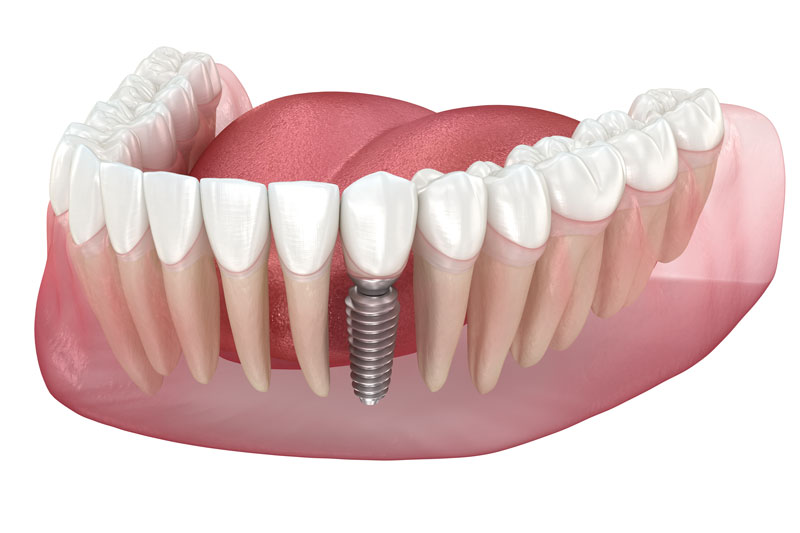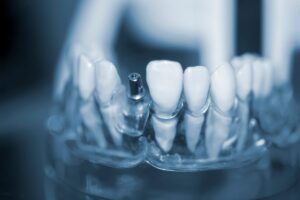“`html
If you’re facing the loss of many or all teeth, a complete teeth replacement plan can restore function, comfort, and confidence. This guide explains why patients choose full-mouth solutions, the main options available, typical timelines and costs, and what outcomes to expect for complete teeth replacement in Rockville, MD.
Common Types Of Complete Teeth Replacement
Removable full dentures
Traditional full dentures sit on the gums and replace an entire arch of teeth. They are the most affordable option up front and can be made quickly. Downsides include less stability when chewing, slipping during speaking, and long-term jawbone loss because they don’t replace tooth roots.
Implant-supported overdentures
Overdentures clip or snap onto a small number of implants. They are still removable, but feel much more secure than traditional dentures. This option improves chewing, reduces movement, and helps preserve bone compared with non‑implant dentures.
Fixed full-arch implants (All-on-4 / All-on-6)
Fixed full-arch prostheses attach to multiple implants and stay in place like natural teeth. Known as All‑on‑4 or All‑on‑6, these restorations restore near‑full chewing function and natural looks. They require fewer implants than replacing each tooth, and many patients get a temporary fixed arch the same day as surgery.
Full-arch implant bridges
When several adjacent teeth are missing, a full-arch bridge on implants can replace the entire span without individual crowns. Planning and maintenance differ from single-tooth work: bridges require precise lab work and routine checks to keep the restoration and implants healthy.
Who Is A Candidate For Complete Teeth Replacement?
Candidacy depends on how many teeth are missing, the health of the gums, jawbone volume, and overall medical health. Most adults who want predictable long-term results are candidates for implant-based solutions after a proper exam.
Oral health considerations
Healthy gums and controlled periodontal disease are important. Digital periodontal assessment helps measure gum pocket depths and bone levels to plan the best approach for complete teeth replacement.
Medical and lifestyle factors
Smoking, uncontrolled diabetes, certain medications, and other health issues can slow healing and raise the risk of implant problems. Your clinician will review your medical history and may recommend lifestyle changes to improve success rates.
What To Expect: Consultation, Imaging, And Treatment Timeline
The journey begins with a consultation that includes a clinical exam, a review of your medical history, and a discussion of your goals for complete teeth replacement.
Digital imaging and planning
Digital X-rays and 3D planning let the team assess root remnants, bone volume, and nerve locations. Accurate imaging reduces surprises and allows for a safer, more predictable surgical plan.
Minimally invasive placement and sedation options
Many practices use minimally invasive tools to limit cuts and sutures. Sedation choices — from nitrous oxide to oral sedation — help patients stay comfortable and calm during procedures, shortening recovery for most people.
Staged procedures and healing
Treatment can be staged: extractions (if needed), bone grafts (if needed), implant placement, an osseointegration period of a few months, and a final restoration. Some patients qualify for immediate temporary teeth on the same day as implant placement.
Benefits, Risks, And Long-Term Care
- Benefits: improved eating and speech, better facial support, preservation of jawbone (with implants), and a lasting natural appearance.
- Risks: infection, implant failure, and surgical complications — though modern planning and techniques significantly lower these risks.
Long-term care includes daily oral hygiene, regular dental exams, and periodic professional maintenance. Overdentures may need relines or clip replacements over time; fixed bridges need routine checks and good home care to protect the supporting implants.
Cost, Financing, And Insurance Considerations
Costs vary based on the number of implants, need for bone grafting, the type of final restoration, lab work, and clinician experience. Fixed full-arch solutions usually cost more than removable options but offer superior function and longevity.
- Financing plans and monthly payment options are commonly available.
- Some dental insurance may cover portions of extractions or prosthetics; implant surgery coverage is variable.
- Ask for a detailed estimate and financing discussion during your consult to compare real out‑of‑pocket costs.
Why Choose State Of The Art Dental Group For Complete Teeth Replacement
Dr. Kavish Gurjar is experienced in full-mouth implant care, holding advanced training and fellowships in implantology and a record of restoring hundreds of smiles. His work and insights have been featured in Forbes, Dentistry Today, and other major outlets. The team focuses on easing patient anxiety and delivering predictable outcomes.
State Of The Art Dental Group uses digital X-rays, digital periodontal assessment, sedation systems, minimally invasive equipment, and sleep apnea screening tools to support safer, more comfortable treatment. The practice pairs technology with a dental concierge and personalized plans to keep care simple and tailored to each patient.
To discuss your options for complete teeth replacement in Rockville, MD and get a personalized plan, schedule a consultation with the team to review imaging, timelines, and financing that match your goals.
“`




